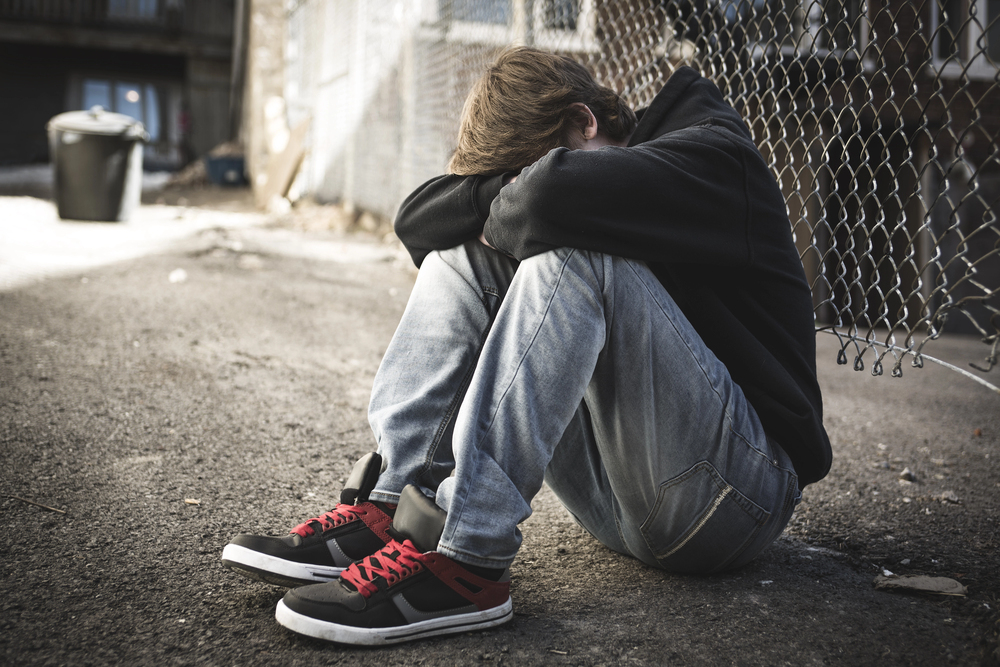Defining Depression
Depression…”is a disease,” “is a choice,” “is real.” These are the top three suggestions when you type “depression is” into a Google search. This shows just how much confusion exists within our society regarding depression. Merriam – Webster’s dictionary defines it as a serious medical condition in which a person feels very sad, hopeless, and unimportant and often is unable to live in a normal way. Depression has a multitude of causes. The top five causes for depression are the following: human biology, genetics, gender, age, and health conditions. In conjunction to causes of depression, there are several different types of depression. Teen depression, especially, has some unique attributes.
What is teen depression?
Being a teenager can be some very tough and difficult years for all of us. Depression compounds the stress of adolescence. Not only does depression create a sense of hopelessness and unimportance, but it affects how a teen thinks, feels, and behaves. It can cause emotional, functional, and physical problems for a teen in their daily school activities. Although mood disorders, such as depression, can occur at any time in life, symptoms may be different between teens and adults. Some examples of symptoms of teen depression may include negative emotional changes, such as extreme sadness and feelings of anger; and behavioral changes involving poor school performance and neglected appearance. Depression can be compounded by some experiences that can be uniquely felt during adolescence such as: bullying, peer pressure, hormonal changes, and a deep need to connect with peers. These factors can compound the effects of depression and make it more difficult for teens overcome depression if not addressed.
Facts about teen depression
- Teenage depression goes further than moodiness. Teenagers are already going through a very hormonal stage; therefore, moodiness should not be a direct factor in determining if the teen has depression. Symptoms of depression in teens include consistent changes in how they act, the amount they eat and sleep, and a loss of interest in their regular activities. If these symptoms persist more than two or three weeks, then there should be room for worry.
- Depression wears a lot of masks. Teenagers are expressive and attempting to find themselves as a person. Therefore, do not assume that a teen is depressed because they are into art, have unusual interests, or a troublemaker. Instead, watch for persistent negative changes that last for more than a few weeks before approaching a teenager about being depressed.
*Depression doesn’t act alone. Many times there are underlying factors that cause a teen to spiral into a depressive state. One factor that may be causing a teen to become depressed is peer pressure or bullying. Depression itself may grow into a larger issue and lead to teen addictions and misbehavior in an attempt to self-medicate their depression or to gain social status.
Treatment for teen depression exists. Teens are very diverse and treatment for individuals may vary, but treatments involving spiritual counsel and specialized therapy can help. First and foremost, teens need encouragement and positive reinforcement from their peers and individuals they look up to. The most important factor is to not allow teen depression to continue unchecked or untreated.




